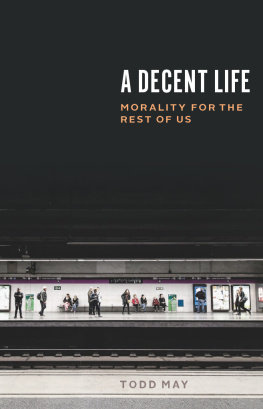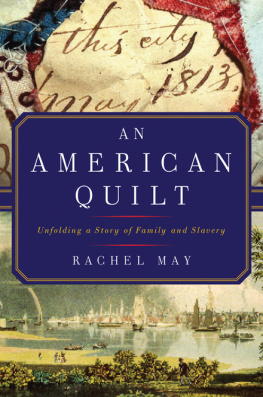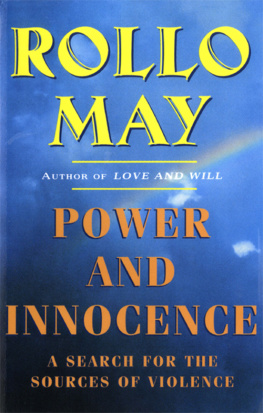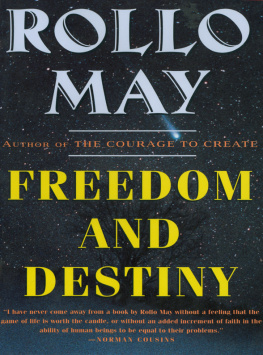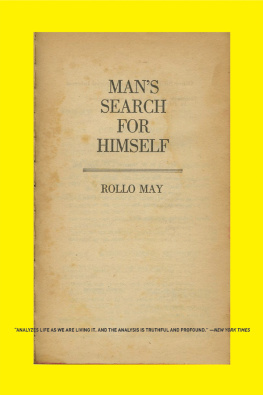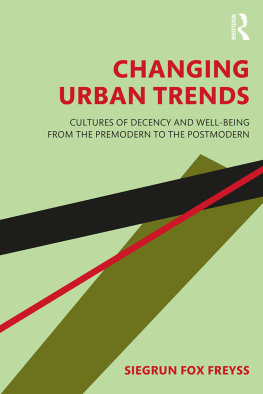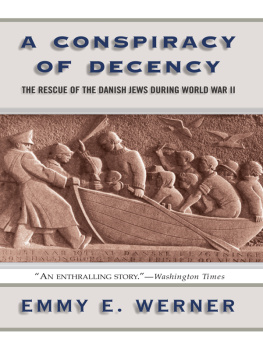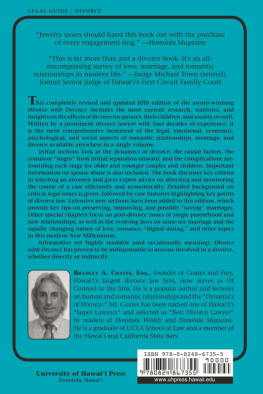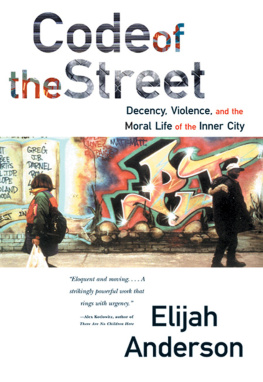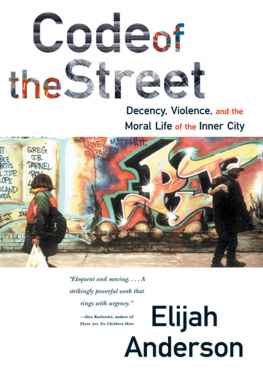May - A decent life: morality for the rest of us
Here you can read online May - A decent life: morality for the rest of us full text of the book (entire story) in english for free. Download pdf and epub, get meaning, cover and reviews about this ebook. City: Chicago;London, year: 2019, publisher: University of Chicago Press, genre: Politics. Description of the work, (preface) as well as reviews are available. Best literature library LitArk.com created for fans of good reading and offers a wide selection of genres:
Romance novel
Science fiction
Adventure
Detective
Science
History
Home and family
Prose
Art
Politics
Computer
Non-fiction
Religion
Business
Children
Humor
Choose a favorite category and find really read worthwhile books. Enjoy immersion in the world of imagination, feel the emotions of the characters or learn something new for yourself, make an fascinating discovery.
A decent life: morality for the rest of us: summary, description and annotation
We offer to read an annotation, description, summary or preface (depends on what the author of the book "A decent life: morality for the rest of us" wrote himself). If you haven't found the necessary information about the book — write in the comments, we will try to find it.
May: author's other books
Who wrote A decent life: morality for the rest of us? Find out the surname, the name of the author of the book and a list of all author's works by series.
A decent life: morality for the rest of us — read online for free the complete book (whole text) full work
Below is the text of the book, divided by pages. System saving the place of the last page read, allows you to conveniently read the book "A decent life: morality for the rest of us" online for free, without having to search again every time where you left off. Put a bookmark, and you can go to the page where you finished reading at any time.
Font size:
Interval:
Bookmark:
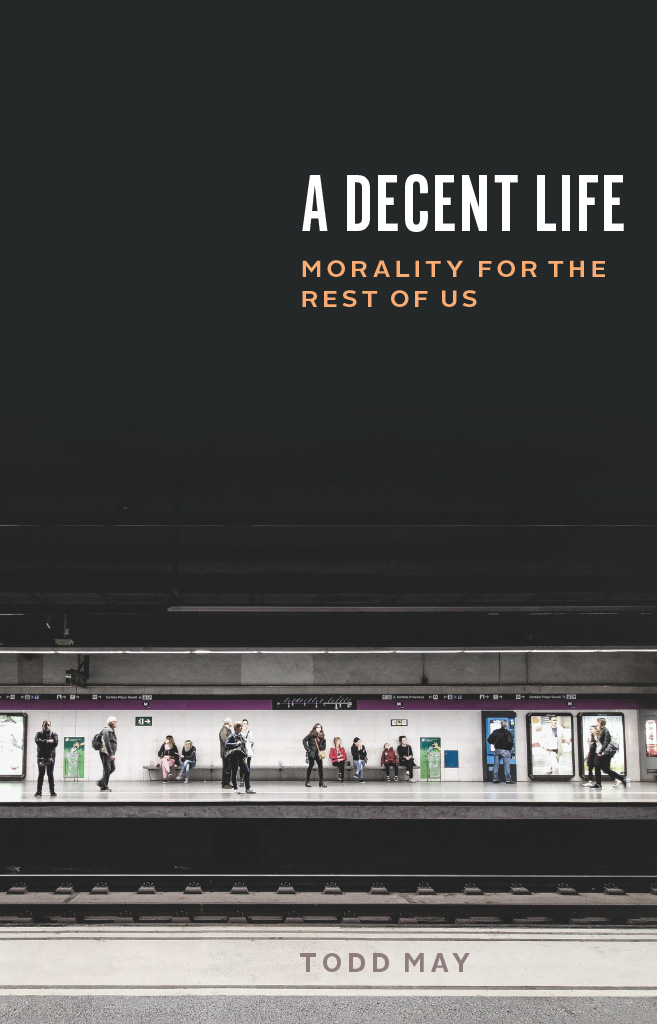
Todd May
The University of Chicago Press Chicago and London
The University of Chicago Press, Chicago 60637
The University of Chicago Press, Ltd., London
2019 by The University of Chicago
All rights reserved. No part of this book may be used or reproduced in any manner whatsoever without written permission, except in the case of brief quotations in critical articles and reviews. For more information, contact the University of Chicago Press, 1427 E. 60th St., Chicago, IL 60637.
Published 2019
Printed in the United States of America
28 27 26 25 24 23 22 21 20 19 1 2 3 4 5
ISBN-13: 978-0-226-60974-4 (cloth)
ISBN-13: 978-0-226-60988-1 (e-book)
DOI: https://doi.org/10.7208/chicago/9780226609881.001.0001
Library of Congress Cataloging-in-Publication Data
Names: May, Todd, 1955 author.
Title: A decent life : morality for the rest of us / Todd May.
Description: Chicago ; London : The University of Chicago Press, 2019. | Includes bibliographical references and index.
Identifiers: LCCN 2018031101 | ISBN 9780226609744 (cloth : alk. paper) | ISBN 9780226609881 (e-book)
Subjects: LCSH: Ethics. | Conduct of life.
Classification: LCC BJ1012 .M385 2019 | DDC 170/.44dc23LC record available at https://lccn.loc.gov/2018031101
 This paper meets the requirements of ANSI / NISO Z39.481992 (Permanence of Paper).
This paper meets the requirements of ANSI / NISO Z39.481992 (Permanence of Paper).
This is a book of philosophy, not for Matt Wage or Alexander Berger but for the rest of us. It is a book of morality. It is an attempt to frame a way of moral living that I have called decency. Most of us seek to live a morally decent life. We are not moral monsters, but neither do we strive to be moral saints. I reflect here on the many decent things most of us already do, but I also point toward avenues of moral improvement that do not require surrendering ourselves to traditional moral philosophys imperative to live the best life or a morally ideal life.
Should you give money to panhandlers? Should you stop eating meat? Should you hold the door for people who never even acknowledge your existence? Should you try to talk politics with those on the other side? Lets think here together about a life with a goal more modest than altruism, but better than moral mediocrity. How can we live a decent life?
It was rush hour. Waves of people, most dressed in black, moved across one another, toward or away from the metro station. Some were transferring to connecting regional trains or to those slated for longer routes. Others were coming in from the cold outside, heading down long sets of stairs and through cavernous halls toward the platforms. Those people seemed to carry the chill in with them, their breath still steaming as they entered the station. In many ways it was like rush hour in any big city. But when a train arrived at the platform where I was waiting, I noticed something different.
Crowded as the platform was, leaving little room to move, none of the passengers boarded the train until everyone who was exiting had gotten off. There was even a moment of hesitation, a seconds pause, before the first passengers embarked. One person near the doors of the train craned his head to look inside, checking to see whether anyone else had yet to alight. Only then was there a general movement to board.
The scene was something I gradually learned to expect in Copenhagen. My experience growing up in New York City was very different. There was impatience to get on the subway, an impatience that I shared. For some, more than a few, that impatience led to a sidelong movement, slicing through the exiting crowd and boarding the train while others were still trying to leave. The idea that there would be a moments hesitation between the last person leaving and the first one entering was unthinkable. If someone did that we would all be wondering what was wrong with them. Perhaps they were tourists, or just clueless.
In Copenhagen it is not like this. People wait for one another, and not only at train stations. I have never seen someone push ahead of another in line or act impatiently at anothers momentary faltering. There, the closest I have come to being berated is in the looks I received when stepping inadvertently into a bike lane. But after all, it cant be fun for a biker to swerve around someone who doesnt know that he is in the middle of traffic.
Its important not to romanticize this phenomenon, both because it isnt that romantic and because it would betray my point. In most respects, Copenhagen is like a lot of other big cities. People do not smile at strangers on the street. There is no sense of overt camaraderie on trains, buses, or elsewhere. While the word takthanksis ubiquitous in its various forms for the smallest of favors, or even for expected service (Danes seem to seek out opportunities to thank others), the social feel of Copenhagen will be familiar to those who have wandered through other large urban areas. It is not that Copenhageners, or Danes in general, display a greater warmth toward others than one finds elsewhere. (In fact, I found more public warmth in Athens, and Greeks are not renowned for waiting patiently in lines.) Rather it is that they seem to recognize, or better to acknowledge, that those others are This acknowledgment is the basisthe moral coreof what I am going to call decency.
This is a book about that decency. It is not a book about being an exemplary moral person, what is sometimes called an altruist. Nor is it a book about how to fulfill our basic moral requirements, the least we might owe to one another. Much of contemporary discussion of morality seems concerned with such issues, in ways I will canvass in a moment. My concern is different. Simply put, most of us want to be better than moral mediocrities and yet dont see ourselves as altruists; how then might we think about living morally? How might we frame our approach to morality? I use the word decency to capture one way to do so. Decency, as I articulate it, is not concerned with traditional concepts in moral philosophy such as duty, right, utility, intent, obligation, or the Good. Or, more precisely, it cuts across all these concepts. I am not interested here in questions of what the ultimate good is or how to conceive our duties or whether we are obliged to craft the best moral character we can manage. Philosophers far more capable than I am have debated these questions across the centuries. My interest is more pedestrian. Most of us are incapable of living lives that are beacons of moral light. Yet most of us also desire to be morally decent people, and we have some more or less inchoate sense of how that might go. Is there some way to frame moral decency that would enlighten us as to what we are up to in some of our better moments, a frame that at the same time might act as a reflective standard for maintaining or even multiplying those moments? Such is the project of this book.
Before I unfold my own view, lets pause to consider the current state of philosophical reflection on morality. Even those who are not vocationally immersed in such reflectionwhich is almost everyonewill likely have at least a breezy familiarity with the moral concepts that characterize current moral debates. For instance, questions of whether the ends justify the means or the importance of intending to do the right thing are familiar to all of us. Philosophical reflection approaches such questions in a more formal way, with different language, but the roots of that reflection can always be traced back to perennial human concerns.
Next pageFont size:
Interval:
Bookmark:
Similar books «A decent life: morality for the rest of us»
Look at similar books to A decent life: morality for the rest of us. We have selected literature similar in name and meaning in the hope of providing readers with more options to find new, interesting, not yet read works.
Discussion, reviews of the book A decent life: morality for the rest of us and just readers' own opinions. Leave your comments, write what you think about the work, its meaning or the main characters. Specify what exactly you liked and what you didn't like, and why you think so.

